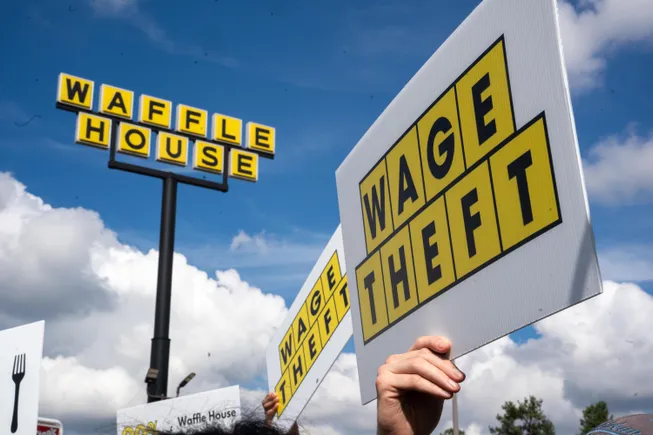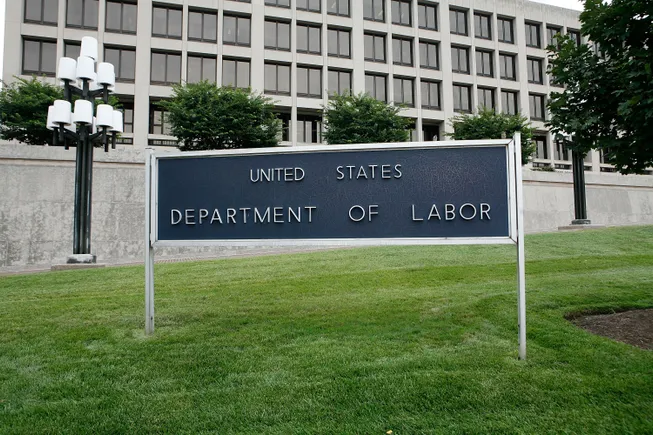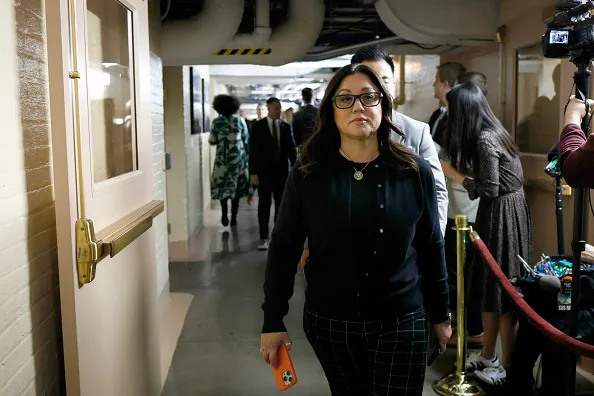Dive Brief:
- Waffle House is suing the National Labor Relations Board, its general counsel and individual board members in federal court in South Carolina, according to a complaint filed Friday. The chain argues that the board’s administrative law process, which does not preclude parties from recourse to federal courts, is unconstitutional and deprives the chain of due process.
- Waffle House also claims that the fact that administrative law judges and board members are insulated from removal for reasons other than misconduct renders the board’s structure unconstitutional.
- SpaceX, Amazon, the American Civil Liberties Union and many other employers have challenged the NLRB’s structure in court, after the Board became more aggressive in enforcing labor law during the Biden administration. Those court challenges to the structure of the board are largely ongoing, but challenges to individual NLRB rules have largely succeeded.
Dive Insight:
Waffle House is suing the board over an unfair labor practice charge filed by the Service Employees’ International Union (SEIU). That union is the major organization backing the Union of Southern Service Workers (USSW), which is organizing service workers in southern states with low union density. USSW has been targeting Waffle House for over a year, claiming the chain engages in chronic wage theft and pushing for it to raise wages and eliminate mandatory meal deductions.
The complaint does not specify what issues the unfair labor practice charges raised, and a FOIA request filed by Restaurant Dive did not secure the charges by press time.
The NLRB found merit in the complaint and issued a formal complaint alleging Waffle House violated sections of the NLRA prohibiting employers from interfering with organizing rights or discriminating against workers in hiring or tenure in retaliation for the exercise of protected organizing rights.
Typically, a complaint issued by the Board’s regional offices proceeds to a hearing before an administrative law judge (ALJ). It is then adjudicated by the full board or by a federal court if one party appeals. Waffle House argues this quasi-judicial process, which was established because of the propensity for courts to use injunctions to break strikes and destroy unions, is unconstitutional.
The chain also takes issue with the appointment and removals process for ALJs and NLRB members. The process for removing ALJs is difficult, and board members can be removed before the end of their terms only for neglect of duty or malfeasance, according to the suit.
Waffle House is asking the court to declare the statutes governing the appointment and removal of ALJs and board members to be unconstitutional.
“The President must have meaningful oversight over subordinate officers of the executive branch,” Waffle House argued in the complaint. “The President lacks meaningful oversight over the Board’s ALJs.”
If a court sides with the chain and higher courts decline to overturn the ruling, this would give the president broader discretion over the operations of the board. In cases of more limited scope, federal courts have of late displayed a willingness to restrict the autonomy of the NLRB and to scrap its rules.
The chain further wants the court to declare the NLRB’s process for resolving unfair labor practice charges to be a violation of the due process clause of the Fifth Amendment. Such an outcome would cast the operations of the board into uncertainty.
NLRB General Counsel Jennifer Abruzzo, in a statement regarding the recent challenges to the board’s constitutionality, said it was common for employers to attack the structure of the board.
“In 1937, the Supreme Court made it clear that the NLRA is constitutional, and the NLRB will continue to do what Congress has mandated it to do, despite the continued challenges,” Abruzzo said. “We’ve seen that the results of these kinds of challenges is ultimately a delay in justice, but that ultimately justice does prevail.”






Leave a Reply